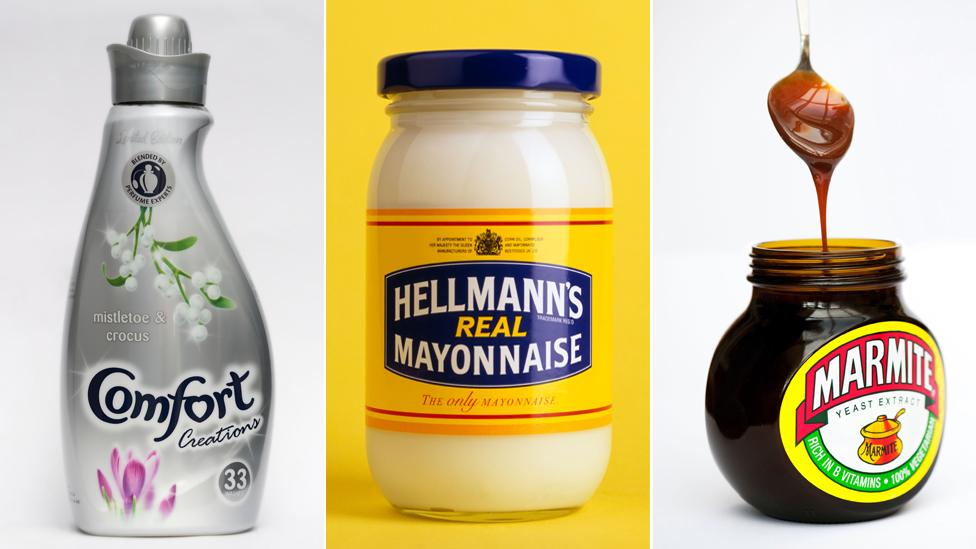Kraft Heinz drops Unilever takeover bid
- Published
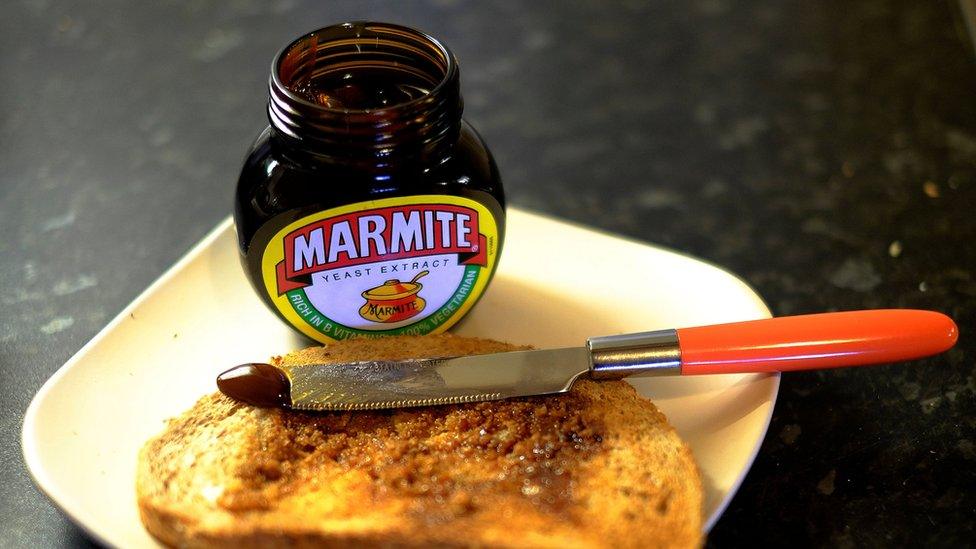
Kraft Heinz has abandoned its offer to buy Unilever, its Anglo-Dutch rival.
The Marmite maker rejected the US food giant's bid on Friday, saying it saw "no merit, either financial or strategic" in Kraft's offer, worth about $143bn (£115bn).
"Unilever and Kraft Heinz hold each other in high regard," the companies said in a joint statement.
Shares in Unilever, which closed 13% higher on Friday, fell 7.3% in lunchtime trading in London to £35.18.
Kraft's offer had been at an 18% premium to Unilever's closing share price on Thursday. Kraft shares rose 11% on Wall Street on Friday.
George Salmon, a Hargreaves Lansdown analyst, said shelving the deal just one business day after it was announced came as a surprise.
"It was always going to be a difficult pitch to convince shareholders to relinquish their grip on Unilever, given the expectations for the company to keep churning out resilient growth in the years to come," he said.
The deal would have been one of the biggest in corporate history, combining dozens of household names.
Unilever owns Ben & Jerry's ice cream, Dove soap, and Hellmann's mayonnaise, while Kraft's range includes Philadelphia cheese and Heinz baked beans.
"It would appear that Kraft Heinz have underestimated both the intrinsic value of Unilever and the challenge of acquiring control of a Dutch company whose stakeholders would have opposed such a move vociferously," said Martin Deboo, a Jefferies International analyst.
More than half of the company's shares are in the Dutch-listed entity, he told the BBC.
'Friendly basis'
Michael Mullen, a Kraft Heinz spokesman, said its interest was made public at an extremely early stage.
"Our intention was to proceed on a friendly basis, but it was made clear Unilever did not wish to pursue a transaction. It is best to step away early so both companies can focus on their own independent plans to generate value," he said.
Reports suggested that Prime Minister Theresa May had asked officials to examine the deal before it was scrapped.
However, her spokesman said on Monday that Downing Street was not involved in Kraft's decision to withdraw the offer.
The takeover of Cadbury by Kraft in 2010 was controversial enough to prompt a revamp of the rules governing how foreign firms buy UK companies.
Just a week after promising to keep open Cadbury's Somerdale factory, near Bristol, Kraft backtracked and said it would close the plant.
The Takeover Panel reviewed the laws and, in September 2011, strengthened the hand of target companies, and demanded more information from bidders about their intentions after the purchase, particularly on areas such as job cuts.
In July last year, shortly after becoming prime minister, Mrs May promised to have a "proper industrial strategy" that could be used to block takeovers.

Analysis
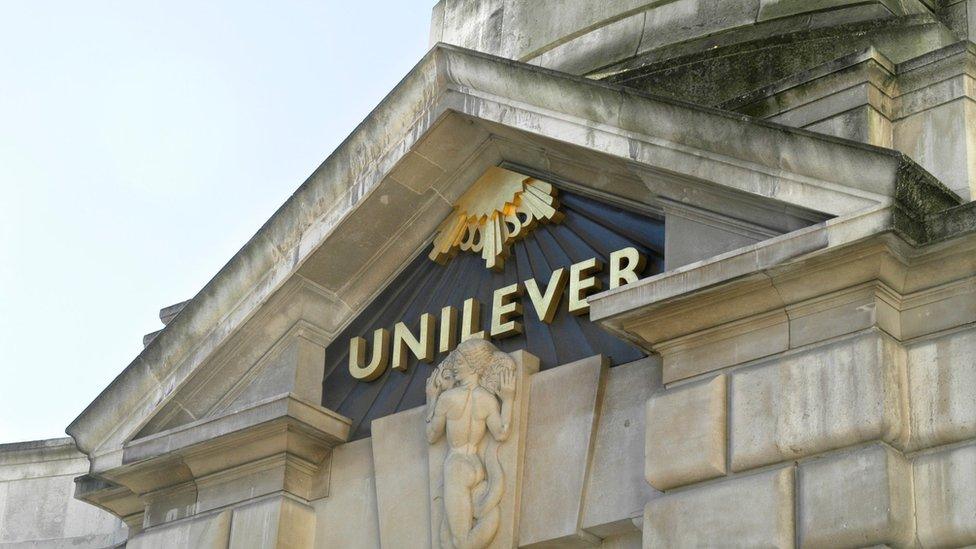
By Joe Lynam, BBC business correspondent
Kraft Heinz is jointly controlled by billionaire investor Warren Buffett and Brazilian private equity group 3G. The latter has a deserved reputation for taking a scythe to costs - irrespective of how that might impact jobs and factories.
Unilever, on the other hand, has a reputation for doing the right thing in terms of corporate social responsibility and the environment - even if that eats into the bottom line.
I understand that Kraft Heinz was shocked with the vehemence with which its "friendly" merger offer was rebuffed.
The bosses of both consumer giants spoke over the weekend and it was clear that if Kraft really wanted Unilever it would have to launch a hostile takeover bid that could have ended up being very expensive.
The higher the price, the less worthwhile the deal. So the bid was withdrawn within 55 hours of it being announced.

Unilever clashed with UK supermarket Tesco in October over its attempts to raise prices to compensate for the steep drop in the value of the pound.
The consumer goods giant has over a dozen sites across the UK, including three major plants in Liverpool, Norwich and Gloucester.
If the deal had proceeded, it would be the second biggest ever, behind Vodafone's $183bn takeover of Germany's Mannesmann in 2000, according to Dealogic.
- Published17 February 2017
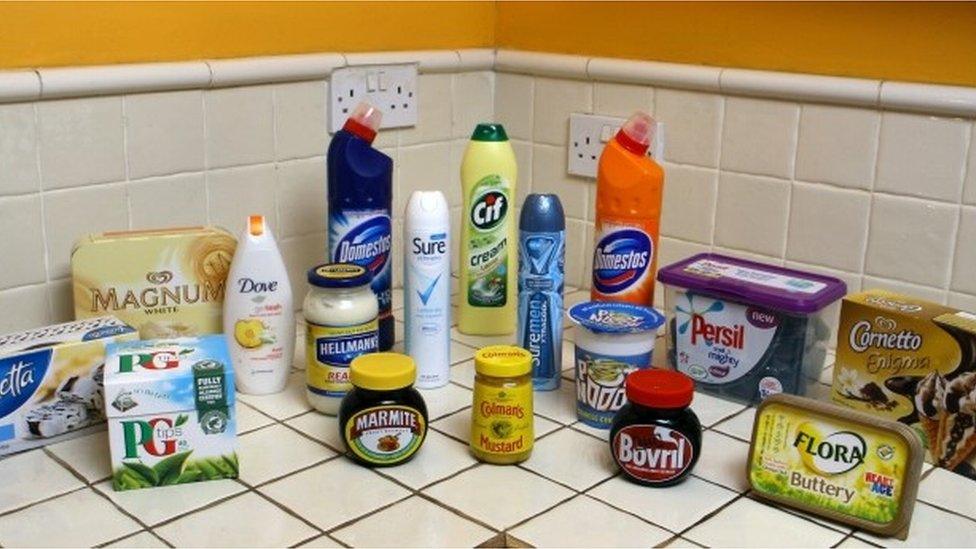
- Published17 February 2017
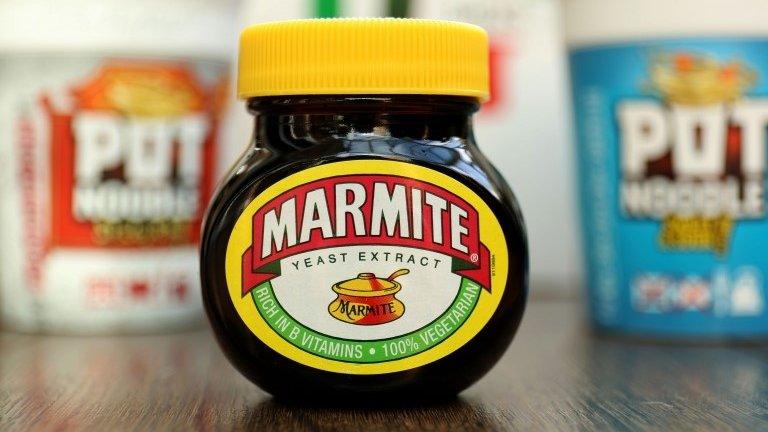
- Published13 October 2016
